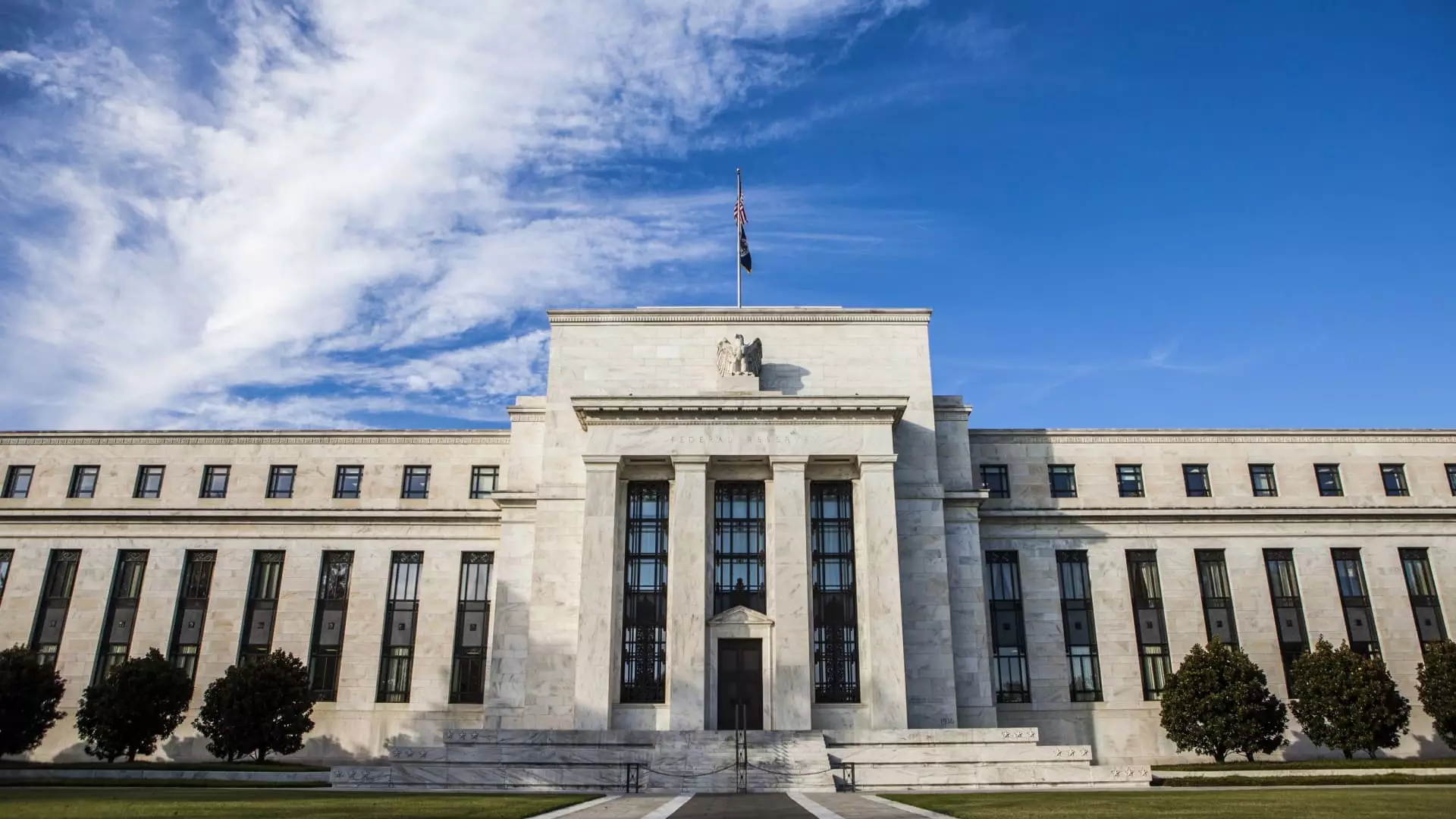Recent reports indicate that some of the largest banks in the United States are taking significant steps to challenge the Federal Reserve concerning its annual bank stress tests. According to a source familiar with the situation, a lawsuit could be filed as early as Tuesday morning. The annual stress tests serve as a crucial mechanism for ensuring that banks are prepared for potential economic downturns by requiring them to maintain sufficient capital buffers against bad loans. These evaluations not only affect the banks’ operational stability but also influence their ability to repurchase shares and distribute dividends to shareholders.
In a statement released after the market closure on Monday, the Federal Reserve revealed its intent to modify the parameters of these stress tests. They aim to foster increased transparency and mitigate the fluctuations associated with capital buffer requirements. This move appears to stem from the Fed’s acknowledgment of the “evolving legal landscape,” referencing changes in administrative laws that have transpired over the years. However, the Fed’s announcement did not delineate specific alterations to the existing stress test framework. This ambiguity leaves many banks wondering whether the changes will adequately address their concerns about capital sufficiency.
While the proposed changes may be perceived as a partial victory for the banking sector, there’s a sentiment that they might fall short of effectively alleviating the capital requirements seen as burdensome by the banks. According to Greg Baer, CEO of the Bank Policy Institute (BPI), which represents major financial institutions including JPMorgan, Citigroup, and Goldman Sachs, the Fed’s announcement signals progress towards greater transparency. Yet, Baer cautioned that further scrutiny is necessary, implying that additional measures may still be required to foster reforms that harmonize legal and policy considerations.
Critics of the stress test methodology, including organizations such as the BPI and the American Bankers Association, have expressed dissatisfaction over the opacity of the current system. They argue that the stress test results have led to stricter capital requirements that adversely impact banks’ ability to extend credit, which in turn may hinder economic growth. Observers argue that while the intended purpose of these tests is to provide safeguards against financial instability, their rigorous nature may bring unintended consequences, restricting banks’ operations and curtailing lending practices.
As the banking sector prepares for the potential lawsuit against the Federal Reserve, the implications of this legal action could reverberate throughout the financial industry. Should the banks succeed in their claims that the stress tests are unduly burdensome, it may prompt a reassessment of regulatory frameworks governing financial institutions. However, if the Fed’s willingness to adapt ultimately results in a more effective and transparent process, it could foster a more robust banking environment that balances safety with the need for economic dynamism. The coming weeks will be crucial in determining the outcome of this brewing conflict and its impact on the future of banking regulations.

